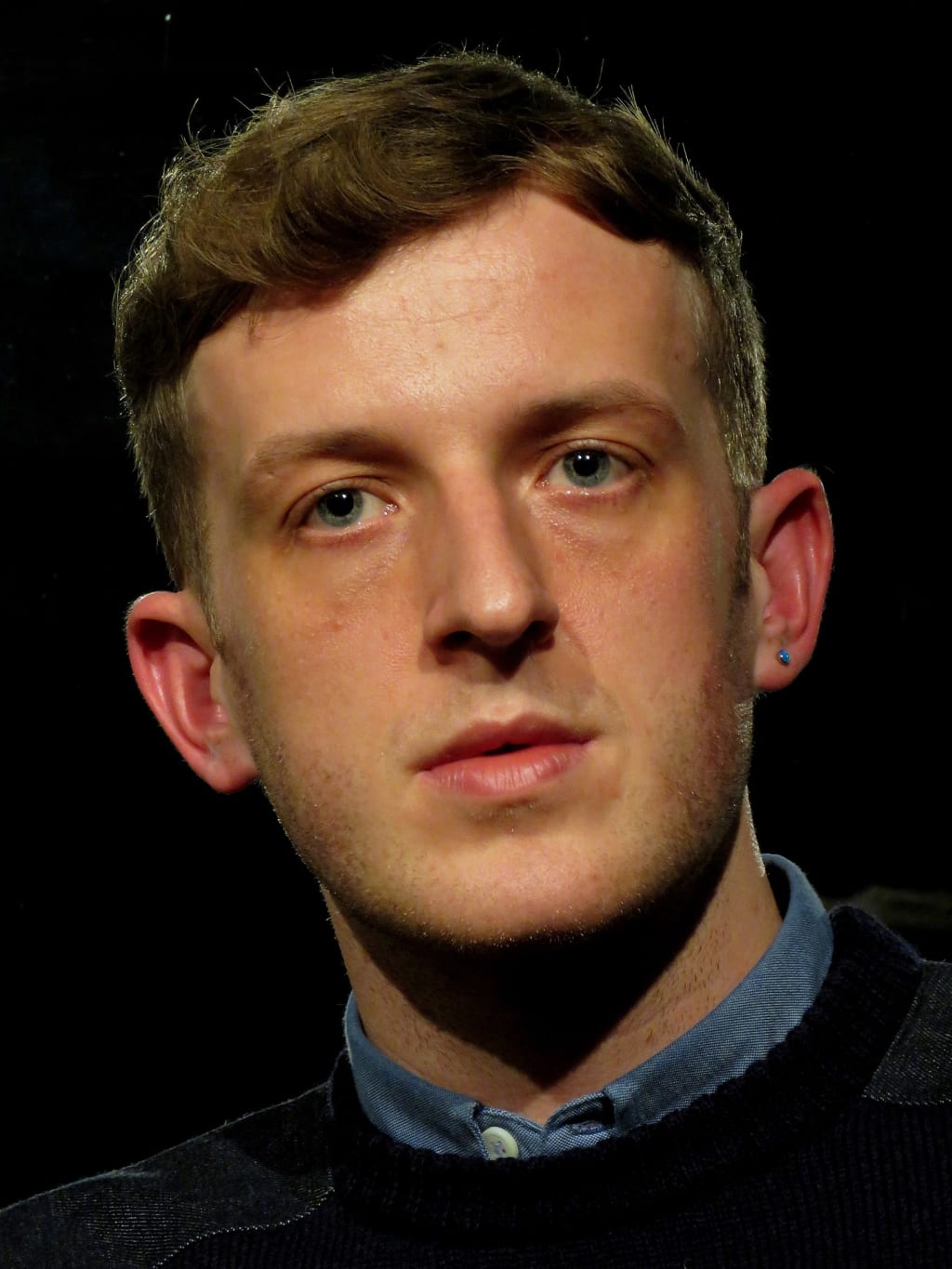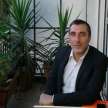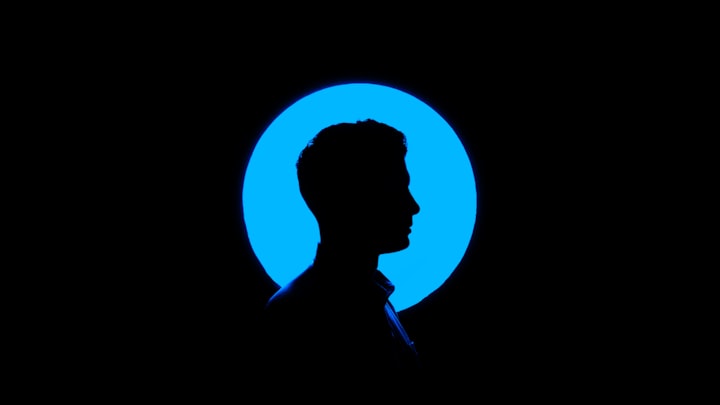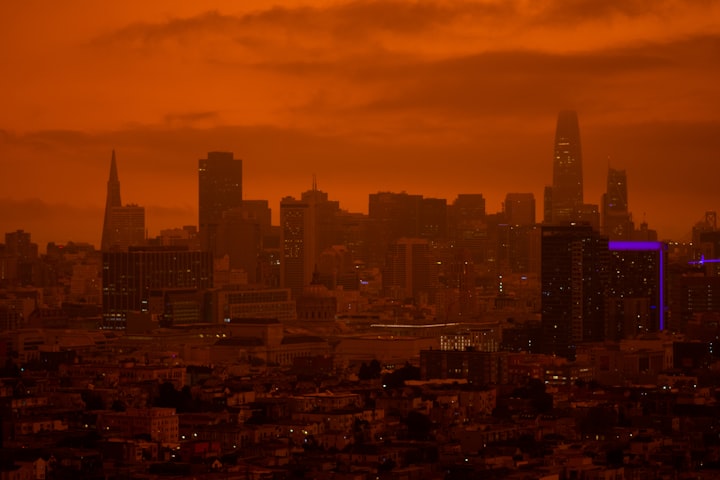Racism, Homophobia, Violence and Literature
An interview with the French writer Édouard Louis

Édouard Louis, the 28-year-old French writer, is considered the new "enfant terrible" of French literature. One Saturday last August, we were talking animatedly in a busy restaurant on the island of Aegina. He had chosen this Greek island near the capital Athens to spend his summer vacation. Even at our first meeting there, I recognized a kind of contradiction when I unconsciously compared his gentle and calm current aura with his fierce and angry literary writing.
The publication of his debut novel, The End of Eddy, a few years ago stunned the most conformist section of the Parisian intelligentsia and provoked a variety of reactions. The novel has been translated into more than twenty languages and is currently being prepared for broadcast as a series on American cable television.
In this first autobiographical work published in his twenties, the author lays bare the story of his childhood in a harsh and merciless voice. The book brings his destructive early years in a village in northern France, in Picardy, into the present.
There, racism, homophobia and violence inside and outside his home met the misery and poverty of the most afflicted strata of society.
People struggle to survive with jobs in the remaining factories, and most have pinned their hopes on the promises and controversial speeches of the far-right populist leader Marine Le Pen.
"How Literature Saved My Life"
"For some complicated reasons, almost miraculously, I escaped this environment," notes Édouard Louis. "I am the first person in my family and in our wider social circle to have attended a university. When I arrived in Paris to study philosophy, I was confronted with an environment that was completely different from all the misery, poverty, and violence I had experienced as a child and teenager. People like my mother and father remained invisible, absent even from the conversations of those I came into contact with through the École Normale Superieure."
This realization led him to write. "I started doing it to express my anger. Writing functioned for me as an act of revenge; I wanted to attack the dominant literature that ignores the excluded," he recalls.
In the vortex of publicity
The appearance of his first book pulled his life into an unprecedented vortex. The publicity that followed seemed unusual and not always appropriate. The greatest newspapers and distinguished critics of the land greeted it with great enthusiasm. They appreciated the author's candor and courage in describing the homophobic attacks he faced as a young gay man at school and at home.
Moreover, the raw, uncouth manner in which he spoke of the prejudices, poverty, and daily life of French provincials aroused the hunger of the popular press. His family was put through the wringer by journalists of all kinds, who greedily demanded testimony, explanations, and domestic gossip.
"I am writing to tell everyone how cruel the situation they live in is. It is pure violence."
Today he admits how difficult it was for him to tell his life story. Doubts and fears had dominated him for a long time. "I couldn't sleep for nights. I started getting eczema. I went through a very difficult time," he recalls. "But all the novels I've written are autobiographical. I think autobiographical literature can be refreshing and help the reader really understand others, feel their pain or anguish firsthand."
Who Killed My Father?
Equally gruesome and confessional are the two autobiographical publications that followed the first. History of Violence vividly describes an attempted murder and rape he suffered at the hands of an Algerian immigrant in Paris.
His third book, Who Killed My Father, is about his difficult relationship with his father, who sits helplessly alone at home due to health problems. In this story, the author denounces several French presidents and politicians who, he characteristically writes, destroyed his father's body and the lives of the people in the area where he grew up.
The intense presence of violent events in his books, the sexual, social and political cruelty he brings to life, could help readers understand and define the limits and devastating effects of violence on people's lives, as he explains. "Some people take it for granted that they have nothing to eat or live a life of misery because their condition has always remained that way; both for them and for those around them. That's why I write, to tell everyone how cruel the situation they live in is. It is pure violence."
Édouard Louis, however, left his village and fled to the French capital with the firm conviction that he had failed. "I felt that I had failed. I wanted to become as tough as the other boys, a straight man playing football as my father had dreamed. I failed at all those expectations. Later, I realized that my failure was an act of liberation."
The media attention on his life also affected his family relationships. His mother complained directly to her son. "My mother's first reaction was, 'Why are you saying we live in poverty?' She didn't want to portray our family as poor because the power and the government make you feel responsible and guilty of your poverty. They think it's your own fault if you have a bad job or don't get a good education. Because of this prejudice, people are ashamed to say they feel poor."
Even his mother, the author confesses, couldn't understand why he felt the environment he grew up in was violent. She simply hadn't experienced a different milieu and took it for granted, he explains. "At school they called me 'dirty faggot' and at home I had to put up with constant comments about how I talked and walked. My mother scolded me all the time: 'Why do you walk like a woman, why do you talk like that? We're ashamed of you.'"
He and the Bourgeoisie (Critics)
To add to his mother's displeasure, certain literary critics do not seem pleased with his writing. I remind him that some French critics call his literature "deterministic" and fatalistic, ignoring man's will and ability to improve his life, even if he has no money and does not come from the bourgeoisie.
"This criticism comes from the French bourgeoisie," he counters, adding, "They distinguish education as an easy and ordinary physical path for everyone, but they only confuse the freedom of the bourgeoisie with the human condition.
"I leave aside the exceptions; I want to fight the rules that create these problems. What does it mean that my father, at the age of 53, can't walk or breathe because he worked in miserable conditions in factories? I ask those who call me a determinist. Is my father suffering because of his own mistakes? I welcome people who escape these conditions, but I care about those who fail. I want to fight for them."
'Yellow Vests,' Leftists and Le Pen

That's why he marched on the side of the "yellow vests" in the recent demonstrations in Paris. I ask him to comment on this social upheaval and also to comment on the views of those who claim that many right-wing and populist groups have found refuge in the orders of the 'yellow vests'.
"As a gay man, I have sometimes marched with the 'yellow vests'; I am also on a committee against police violence in Paris. It's important to remember that the police kill a black man every month. These movements are fighting against social violence and poverty. I spoke to several people at the demonstrations who told me that they don't have money to buy a present for their children's birthday or to spend the Christmas holidays.
I was there to understand the causes of people's pain, their despair. There may be some racists and homophobes among them. But I think if some fascists and racists come from the working class, we are not fighting the working class, we are fighting fascism and racism at its core. That's why I'm angry at a section of the left that has abandoned these classes in their desperation.
Because they feel they have no place in the ranks of the left, they embrace the movements of the Far-Right. In the village where I grew up, a large percentage of people - over 50% - vote for the National Front of Marine Le Pen."
About the Creator
George Karouzakis
Journalist, History researcher, art and science lover.






Comments
There are no comments for this story
Be the first to respond and start the conversation.